Vallis Veg is empowering young growers [WFJ #36]
Producing more than just a veg box, Vallis Veg's market garden is supporting new entrants into agroecological food production
If you want to get into farming in this country, but a) aren’t exceedingly wealthy, b) don’t own land, or c) won’t inherit your family’s farm, you’re typically going to find the experience, for lack of a better phrase, a pain in the arse.
Meanwhile, the current pool of farmers is not getting any younger – 40 percent are over the age of retirement, while the average age of a farmer in the UK is 59.
As Britain is under pressure to encourage a new generation of food producers to relieve its preceding ones, it finds itself attempting to rally a cohort of people too ‘lazy’ to work on a farm.
That’s one theory anyway. In another, and as recently discovered by The Landworkers Alliance (LWA), young people do want to get into agriculture. They just don’t want to get into conventional agriculture, with all the synthetic fertiliser, wildlife depletion, fossil fuel dependence, and other environmentally-unfriendly measures it entails.
“We're interested in growing in an ecological way,” Ellie Ibbotson-Butt tells The WFJ. Ellie, along with Silas Clay and Nora Drysdale (27, 27, and 26 respectively), run the market garden at Vallis Veg just outside Frome. “We grow to organic principles, in that we make all our own compost, we build in fertility, we don't use any pesticides or artificial fertilisers, and we use pretty much all organic seed.”
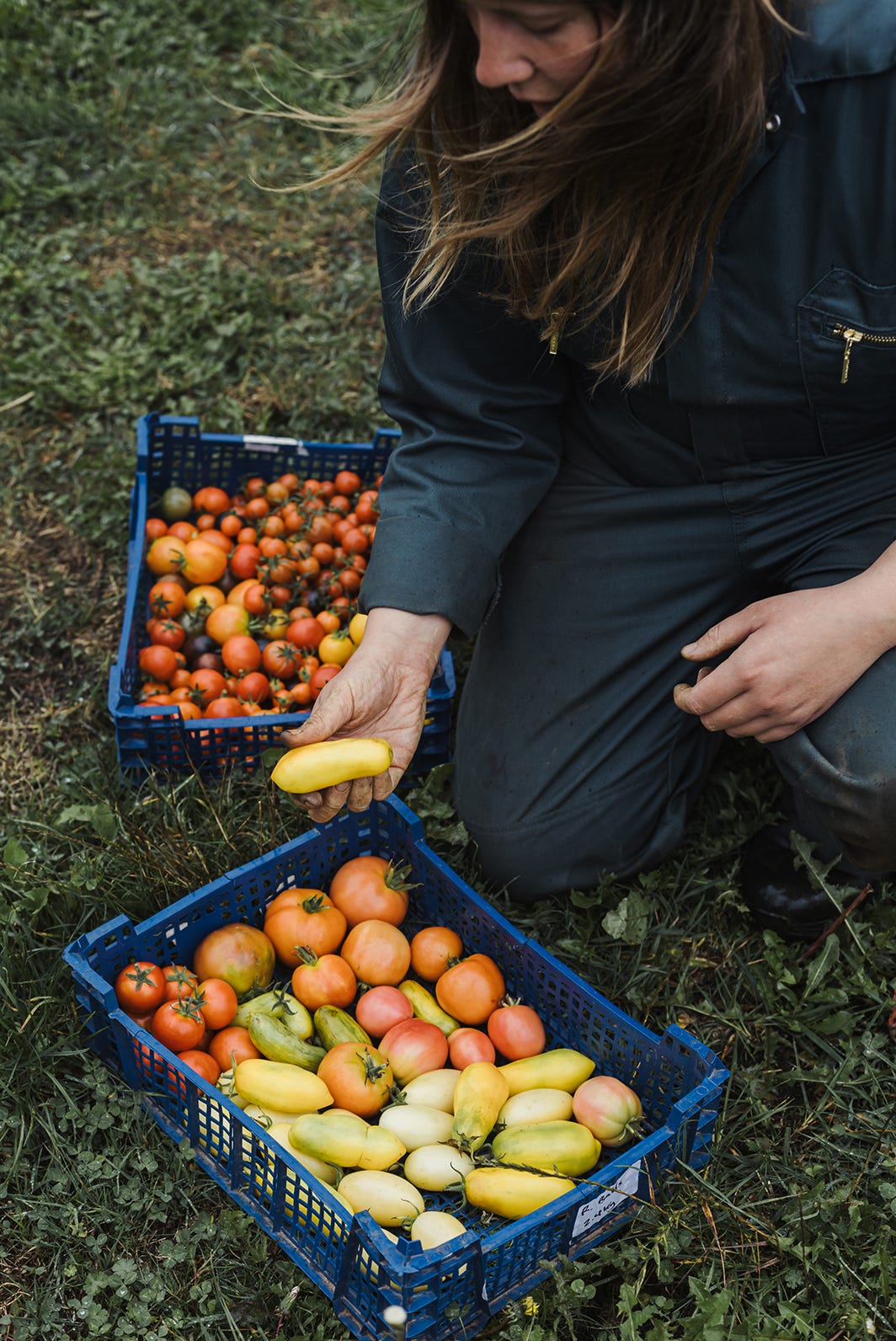
As part of an 18-acre ecological site, which includes camping pitches, managed woodland, allotments, an educational co-op, and a (mostly) off-grid homestead, Vallis Veg’s one-acre market garden is presented as an opportunity for aspiring growers to develop their skills in producing food that protects soil health, is in harmony with nature, and with minimal reliance on fossil fuels. But also, just as crucially, how to shift it through local markets – in this case, their weekly veg boxes and the Frome Food Hub.1
With his wife and co-founder Cordelia Rowlatt, social scientist, smallholder, author of A Small Farm Future, and former board member of the Ecological Land Co-op2 Chris Smaje manages the general site at Vallis Veg, letting learners have relative free rein over the market garden.
“The basic idea,” Chris says, “is to address what seems like a learning gap between acquiring basic growing skills and taking on the full rigours of running a commercial growing business by giving new entrants the opportunity to take full day-to-day responsibility for running an established small market garden, but with an element of support and guidance from us.”
As Chris alludes, the programme has developed into one a bit different to others of its ilk. When Ellie applied to manage the market garden, the proviso was a six-month traineeship. “These are quite common in horticulture,” she says. “We were talking about the limitations with that, and how there should be the opportunity that gives someone experience throughout the whole season, because otherwise it's a very limited snapshot.”
Now, aspiring market gardeners are on a two-year stint at Vallis, which should, by the close of their tenure, prepare them to take on a high level role at a more commercial market garden, or equivalent. It also puts them in a good position to start their own growing project.
“I'd really like to set something up on the lines of a Community Supported Agriculture scheme (CSA),” says Ellie. As their name suggests, CSAs are farming enterprises in which members of the local community are actively involved or financially invested. “So it's more than just, ‘here's your veg, bye bye.’ I'd also like to have some educational elements within it, as I've worked before with primary school kids and teenagers.”
For every new WFJ reader, and especially every reader that goes paid, the more likely content like this will continue to serve the Frome community
Because of Vallis Veg’s learning focus, the seasonal, freshly-harvested, and low-impact veg (and sometimes fruit) deriving from it could be considered a byproduct of the traineeship. With the help of the farm’s solar-powered trikes, the market garden supplies around 85 households in the Frome area. And it’s one of the very few to do so – long before supermarkets, a network of allotments and market gardens like that at Vallis once surrounded, and served, the town.3
Perhaps, without getting too carried away in agrarian romanticism, we could one day see some semblance of that again, and not just locally. “Frome has an amazing local food movement,” says Ellie. “Not a lot of small towns have this, but could benefit hugely from having more small-scale growing projects around them that are supplying people directly through shorter supply chains.”
Such developments could synergise with the need to upskill the current agricultural workforce to better align with calls for agriculture’s decarbonisation, while making farming more accessible and more appealing to new entrants.
But, since wider support such as subsidies is generally biased towards much larger farming enterprises, market gardens are reliant on the support of local custom – especially in Vallis Veg’s case. “You're not just getting vegetables,” says Ellie, “you're supporting a learning opportunity to help people go and do this elsewhere.”
All shots taken by local photographer Holly Wulff Petersen. Find more of her work at ryelondon.com or instagram.com/ryelondon
Further reading / learning:
Small Farm Future (Chris Smaje’s blog)
The Attraction of Agroecology | Landworkers Alliance
Making Growing & Farming into a Business Oct 18 at Edventure Frome
As there is often a waiting list for direct delivery, your best bet is ordering from the food hub
Funnily enough, the ELC is all about helping people access agroecological smallholdings
See, for example, the local 1903 map in Frome Museum





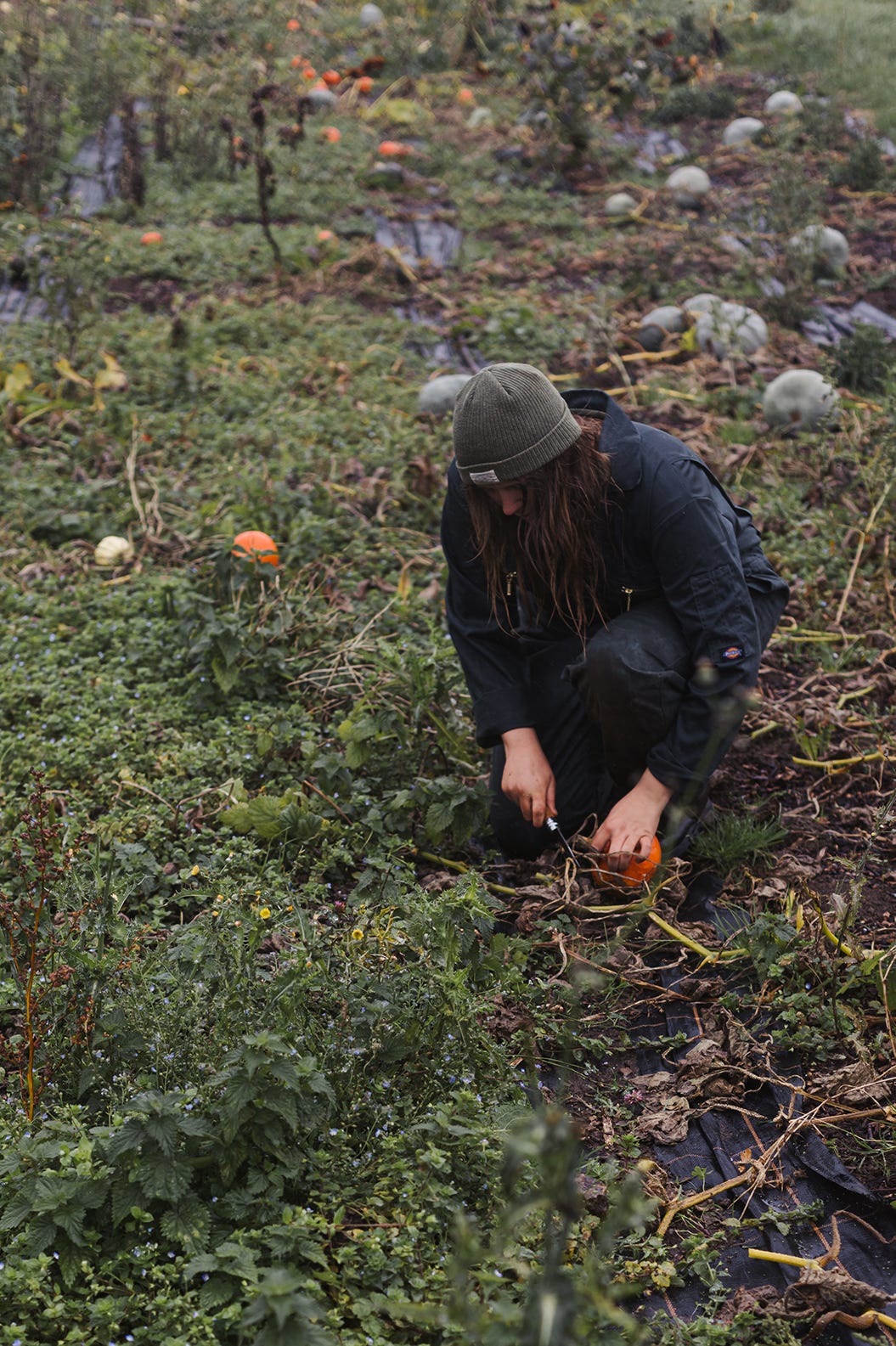
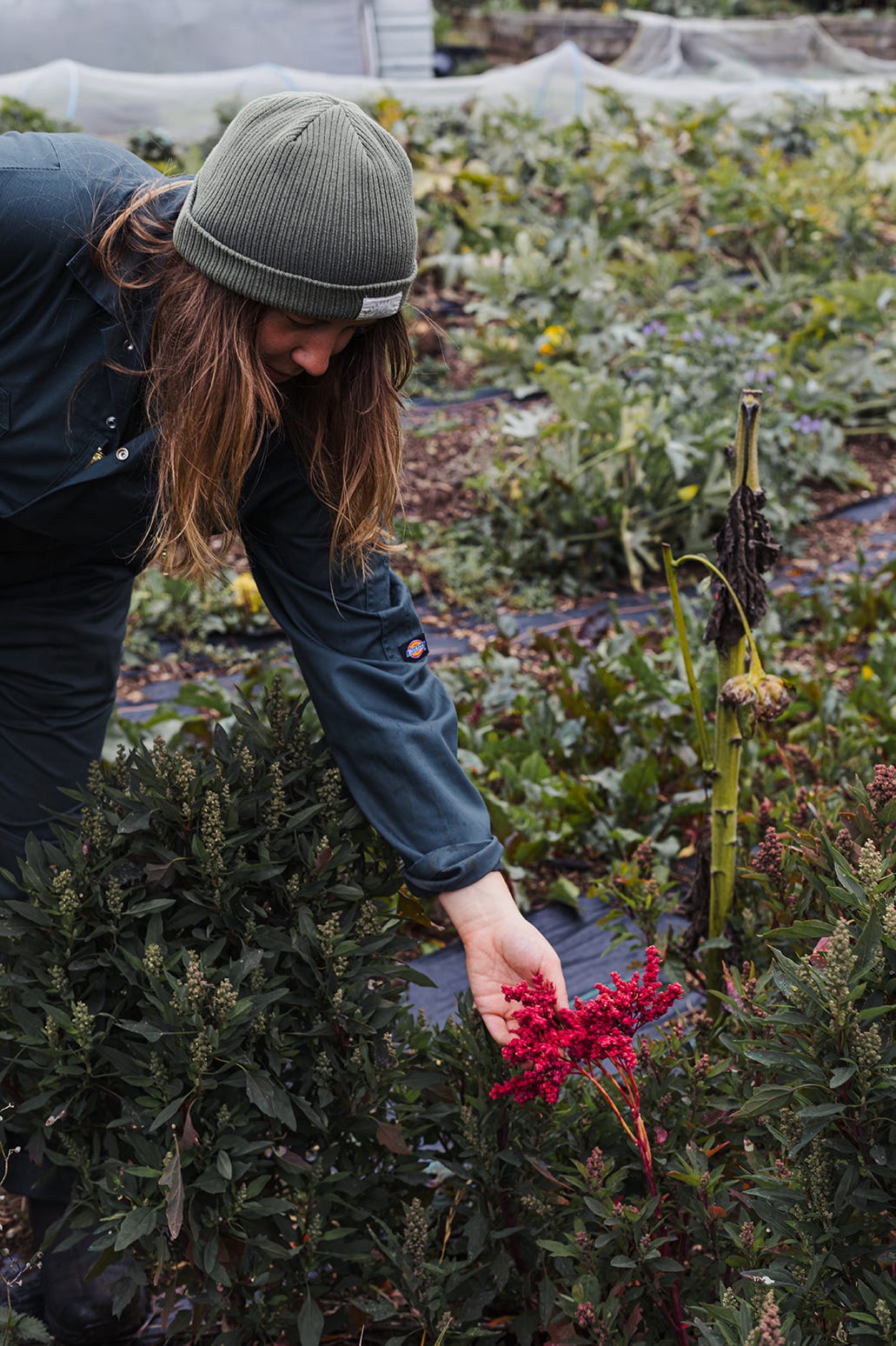
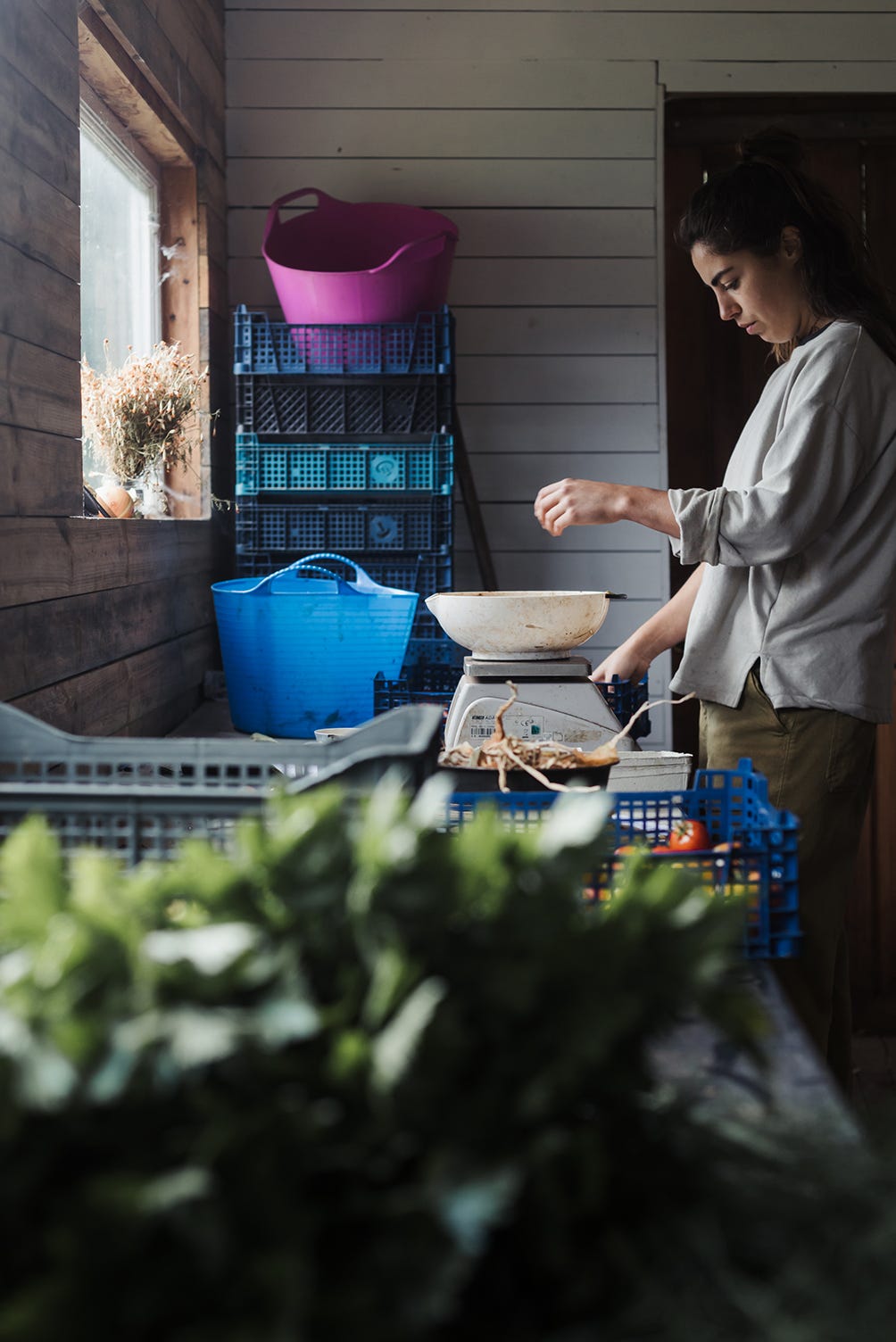
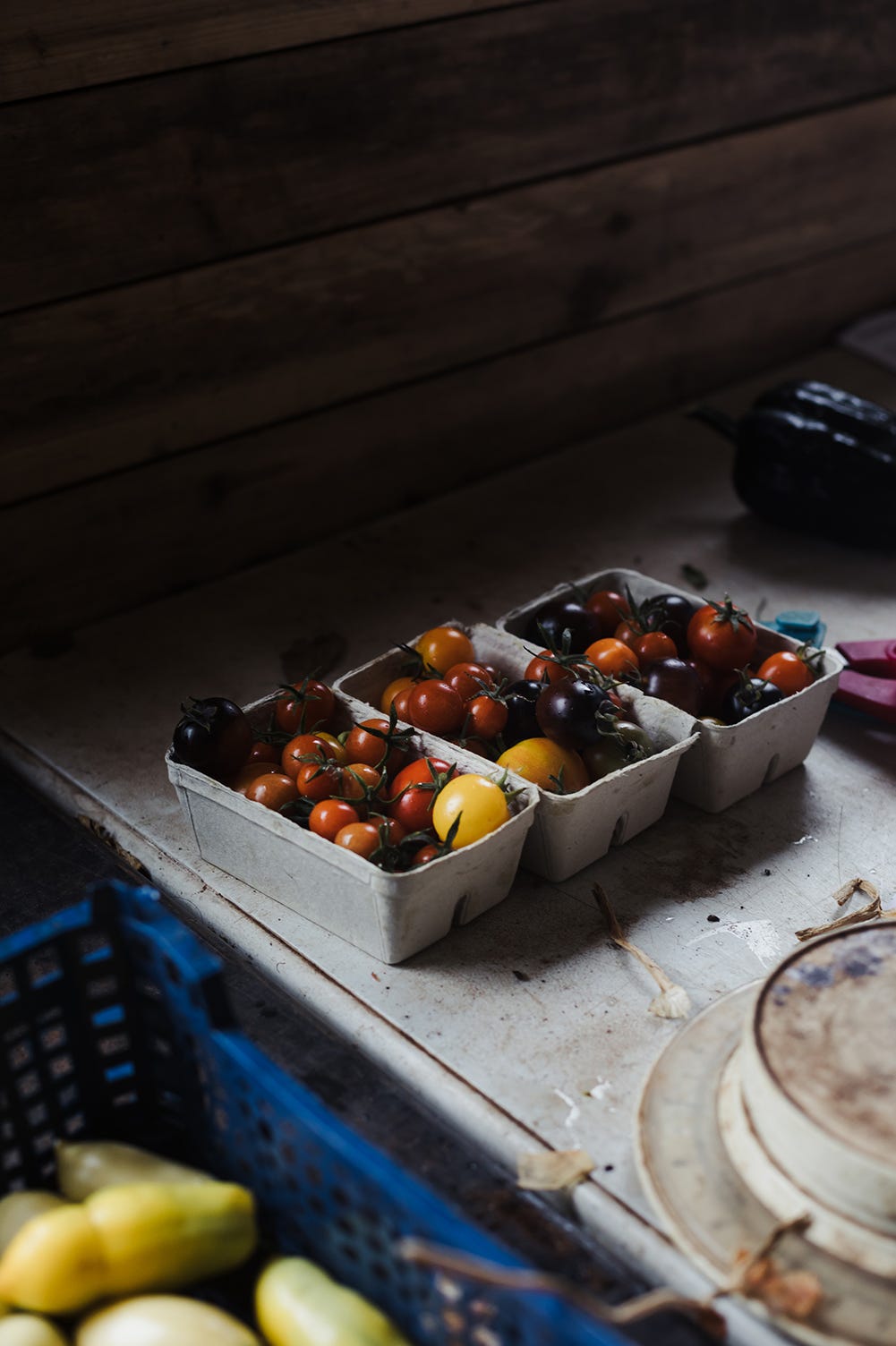
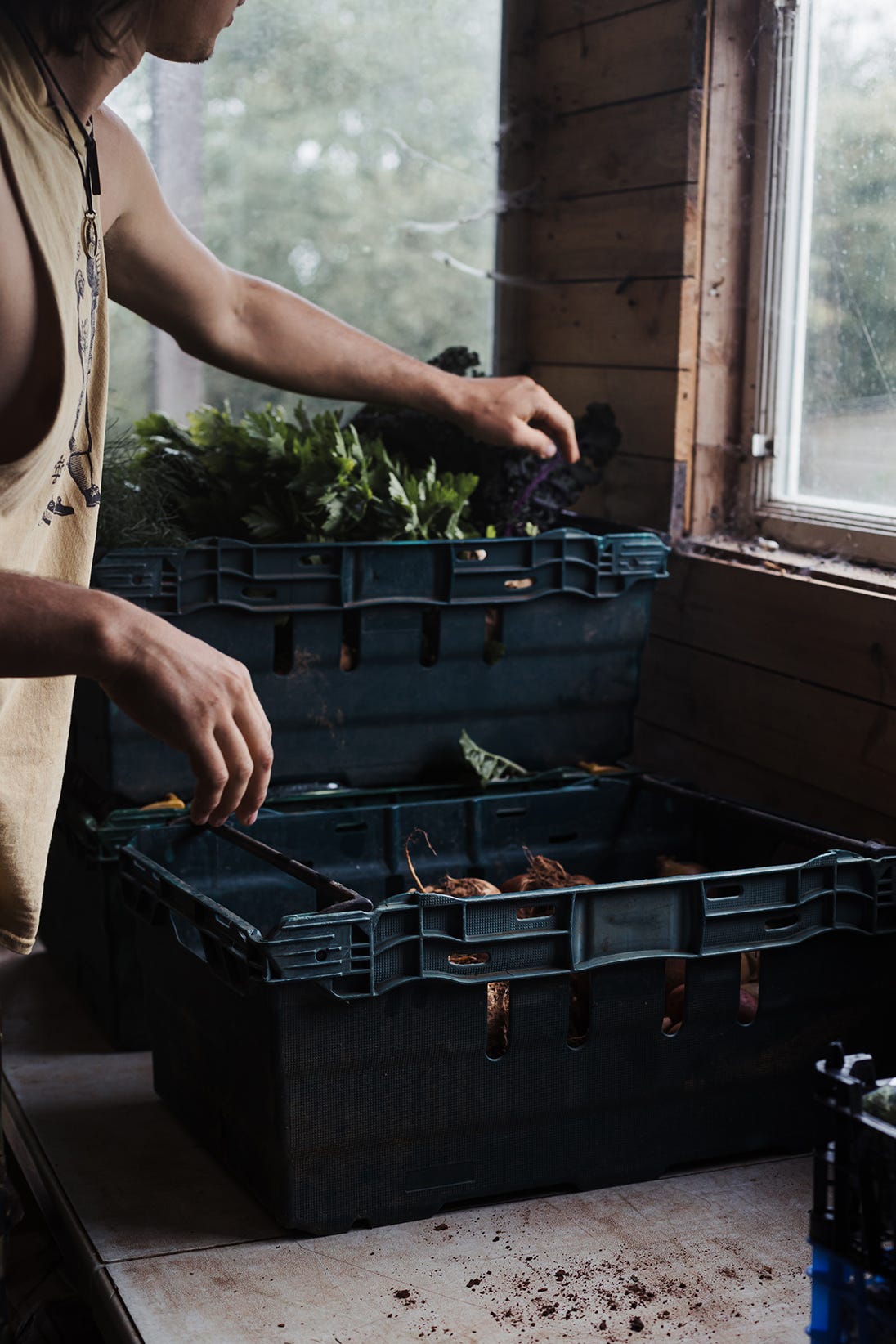
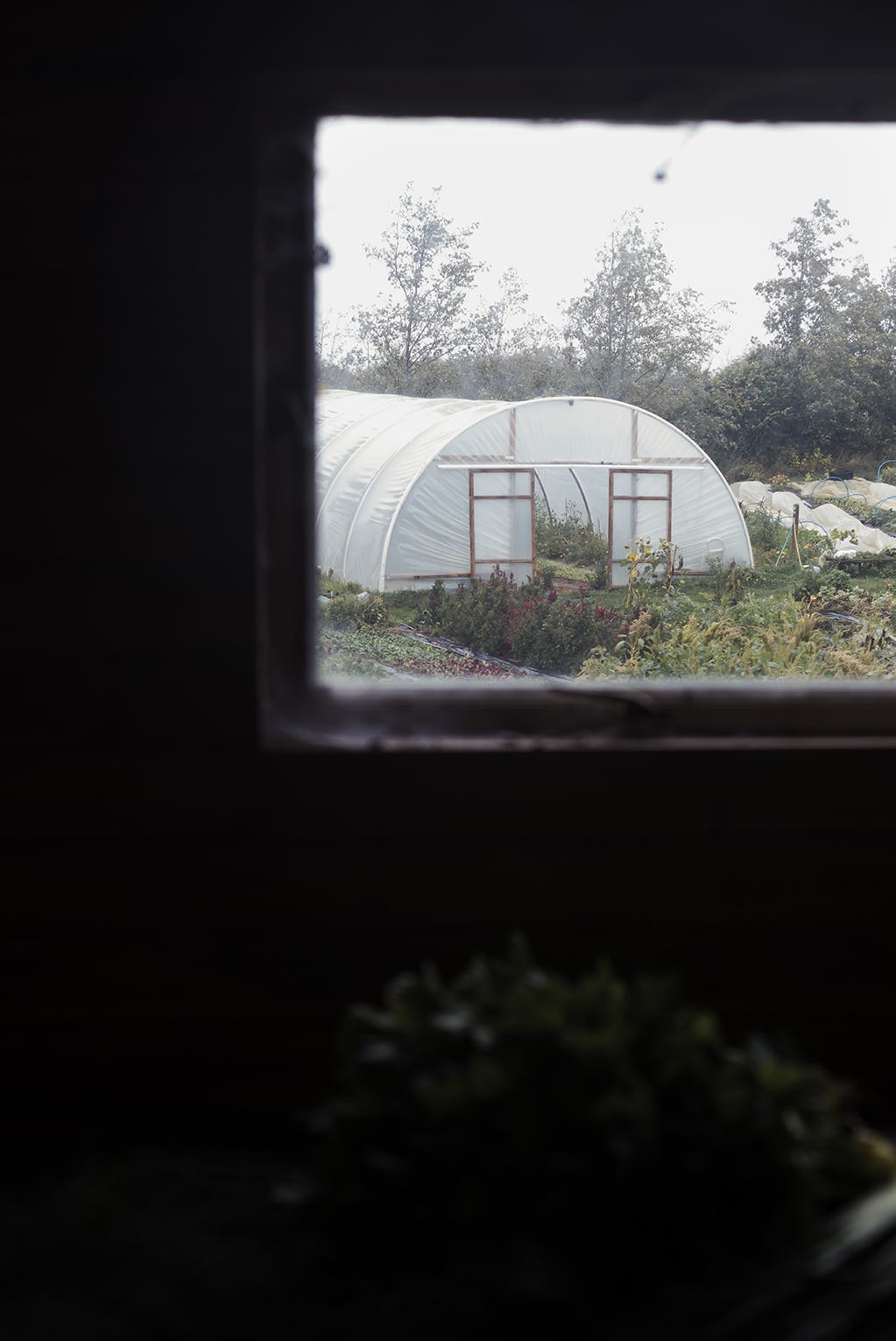
Great article as always :)